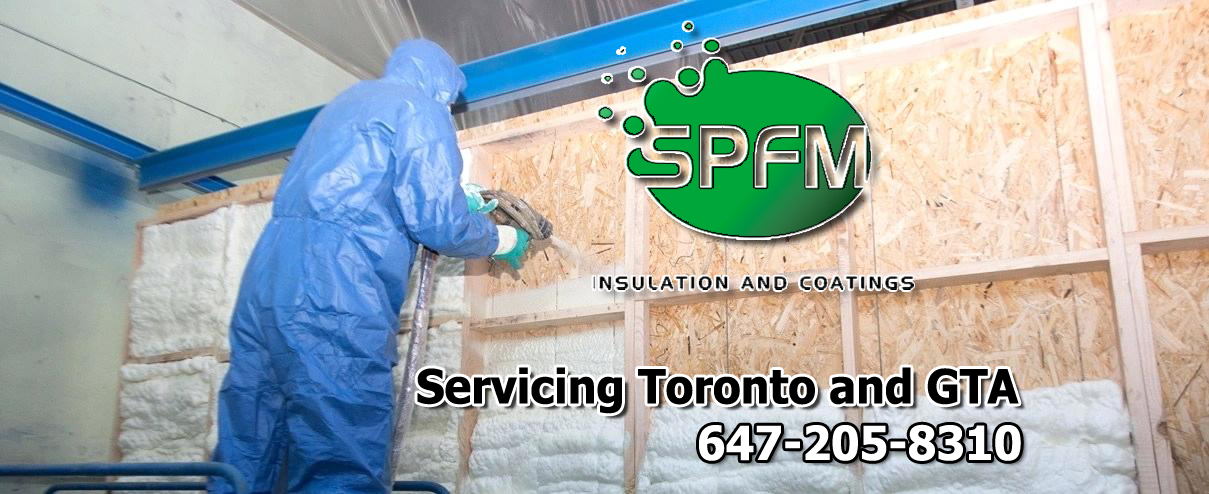Aerosol foam insulation redefines traditional building methods and benefits modern building science and energy efficient green building initiatives:
The benefits of spray foam insulation are as follows:
- Stops the infiltration of air and humidity.
- Makes your home more comfortable
- Savings in energy costs
- Adds strength to the building structure
- It is permanent and will not yield
- Keeps dust and pollen out
- Reduces the capacity, maintenance and wear requirements of air conditioning equipment

SPF saves you money and pays itself:
The SPF home saves on energy costs and reduces utility bills. It is used to seal the entire "building wrap" of your home to prevent air and moisture infiltration. Studies by the United States Department of Energy (DOE) show that 40% of the energy in your home is lost due to air infiltration. This air infiltrates the house in the form of air currents through wall, window and door plugs.High R value:
Powdered polyurethane foam has an aged R value of approximately 6.0 by 1 inch thick (depending on the particular formulation and application, higher values have been achieved), allowing it to provide more heat resistance with less material than any other type of commercial material. SPF systems are frequently used to isolate and protect a wide variety of residential, commercial and industrial buildings.
Monthly energy and service savings of 30% or more can be achieved compared to alternative roofing and insulation systems. The cost of an SPF roof or insulation system can often be recovered in less than 5 years, simply through energy savings.
Prevents infiltration of air, humidity and gas:
Studies have shown that up to 40% of a building's total energy loss is due to air infiltration. Traditional fiberglass insulation is only stapled, or placed in wall cavities and does not seal the bolt and wall cavities end to end, or top to bottom. Air infiltration can pass through these spaces, making it much less efficient than SPF. SPF not only adheres, but is formed on walls and floors to create a watertight seal and insulating barrier that stops this air leak. SPF also boasts the highest R-per-inch value of any other commercial material (over R-7.0, compared to Fiberglass in R-3.5), making your home more comfortable and less expensive to heat in winter and cool in summer spray foam contractors in New Jersey. .
Since SPF acts as an air barrier, it also helps reduce moisture infiltration, which is a source of dangerous mold and mildew growth in the home, and can cause serious health problems for its occupants. So protect your family and save money at the same time with SPF home insulation systems. Moisture infiltration can also cause structural damage to your home or building.
Helps reduce moisture and mold:
Molds produce small spores to reproduce. Mold spores continually float through the indoor and outdoor air. When mold spores land in a humid place indoors, they can begin to grow and digest whatever they are growing to survive. Molds can grow on wood, paper, carpets, and food. When too much moisture or water accumulates indoors, mold growth often occurs, particularly if the moisture problem remains undiscovered or unresolved. There is no practical way to eliminate all mold and mildew spores in the indoor environment; The way to control mold growth indoors is to control humidity. SPF isolation is the key.
No comments:
Post a Comment